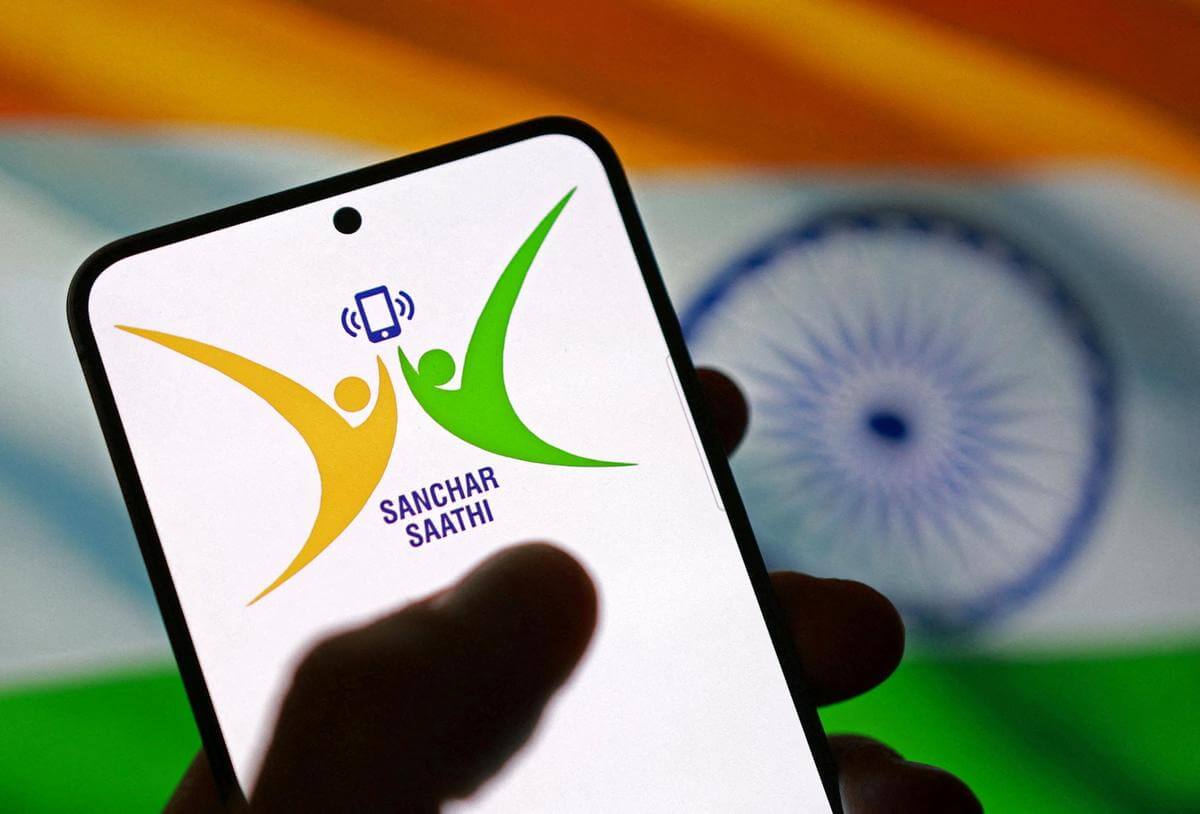Bharat Sanchar Nigam Limited (BSNL), the state-owned telecom operator, has received a significant boost in its efforts to roll out 5G services with the allocation of Rs 61,000 crore worth of 5G spectrum by the Department of Telecommunications (DoT). This allocation is a crucial step in BSNL's revival and its attempt to compete with private telecom giants in the rapidly evolving Indian telecom market.
With this spectrum allocation, BSNL now possesses spectrum in premium bands such as 700 MHz and 3300 MHz (mid-band), which are essential for deploying high-speed and reliable 5G services. The company plans to initially launch 5G services in select cities, with Delhi expected to be the first, followed by a phased expansion across the country. The allocation also includes the 26 GHz band.
Minister of State for Communications Pemmasani Chandra Sekhar informed the Parliament that BSNL has reserved spectrum in the 700 MHz, 3300 MHz, and 26 GHz bands for providing 5G services. BSNL has also placed an order for one lakh indigenously developed 4G sites which are upgradeable to 5G. As of March 8, 2025, BSNL has installed 83,993 4G sites, with 74,521 currently operational. These sites are built using indigenously developed equipment, enabling a seamless transition to 5G.
The government has been providing substantial financial support to BSNL for its expansion plans. Officials have stated that the government has provided sufficient funding to meet the capital expenditure needs for the near term. In February 2025, the Union cabinet approved an additional Rs 6,000 crore for BSNL's 4G expansion, addressing a shortfall in planned capital expenditure by BSNL and MTNL. Since 2019, the government has invested around Rs 3.22 lakh crore in BSNL and MTNL as part of three revival packages.
Tejas Networks, a Tata Group company, is playing a key role in BSNL's network upgrade by supplying 4G/5G RAN equipment and IP/MPLS routers. In Q3 FY25, Tejas Networks delivered equipment for 27,000 sites, bringing its total deployments in BSNL's 4G/5G network to over 86,000.
BSNL's 5G rollout strategy involves a phased approach, beginning with Delhi and then expanding to other cities. The company plans to set up between 70,000 and 100,000 mobile towers nationwide to launch 5G services. BSNL intends to introduce the 5G Standalone (SA) network in India. BSNL is likely to launch 5G services in the 600 MHz, 3.3 GHz, and 26 GHz bands.
BSNL's 5G plans also align with the "Make in India" initiative, emphasizing the use of domestically produced equipment. However, the government is also considering allowing foreign vendors to bid for a portion of BSNL's 5G tender volume to accelerate the rollout and enhance competitiveness. A proposal suggests reserving 50% of BSNL's 5G tender volume for domestic suppliers while opening the remaining 50% to bids from all vendors, including global suppliers.
Despite these advancements, BSNL faces challenges in its 4G and 5G rollout. These include legacy infrastructure, delayed spectrum allocation, financial constraints, and vendor issues. The company's reliance on 2G/3G networks and the lack of 4G spectrum availability have put it at a competitive disadvantage compared to private sector rivals.
To address these challenges, BSNL is adopting a multi-pronged strategy, including expediting the testing and stabilization of indigenous 4G technology and collaborating with foreign technology companies. The company is also enhancing collaboration with Indian technology developers and global experts to expedite the validation and refinement process.
With the allocation of 5G spectrum and the ongoing 4G network upgrades, BSNL is poised to strengthen its position in the Indian telecom market and offer competitive 5G services to its customers.





















